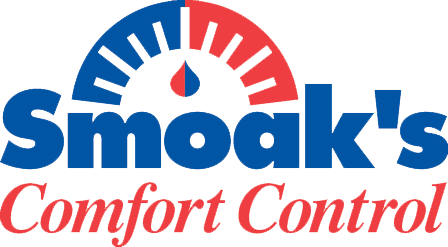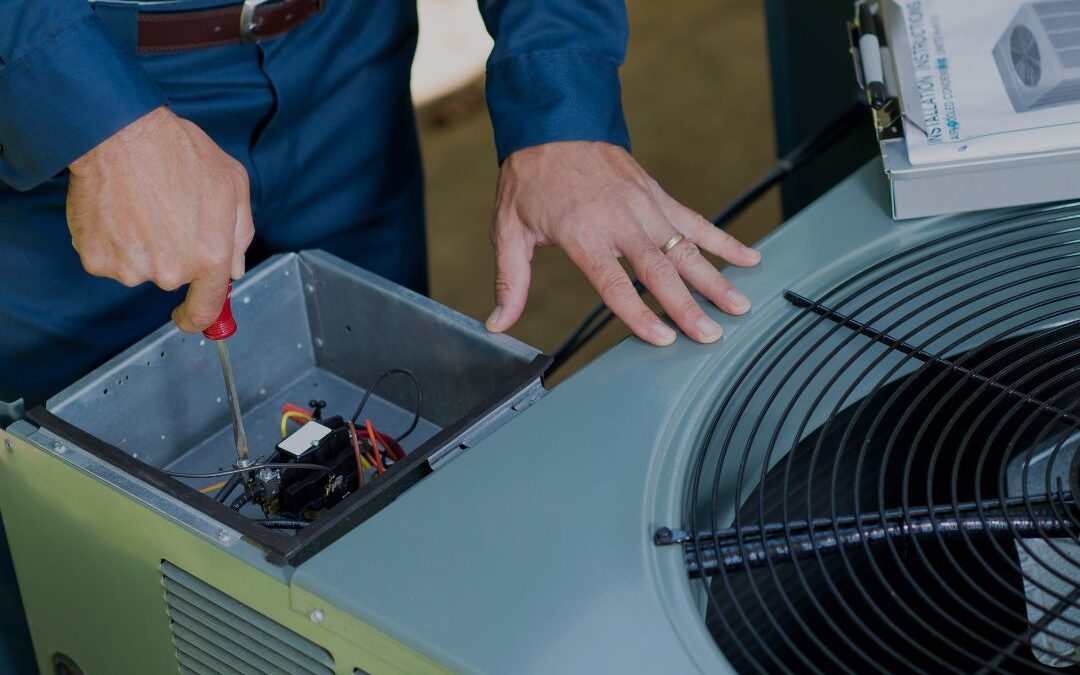Air conditioners have become essential components of our daily lives, especially during the sweltering heat of summer. They provide a haven of cool air and improve indoor air quality and comfort. However, as essential as they are, air conditioners can significantly contribute to high utility bills if not used properly. Understanding how your air conditioner works and how to optimize its performance is crucial in striking a balance between comfort and cost.
An air conditioner extracts warm air from your home and replaces it with conditioned air. This process involves several components, including the compressor, evaporator coil, and condenser coil, all working harmoniously to maintain the desired temperature. However, factors like blocked airflow, a dirty air filter, a faulty motor, or an outdated outdoor AC unit can hinder this process, leading to increased energy consumption and higher bills.
The key to efficient air conditioning lies in understanding the nuances of your AC system—routine HVAC maintenance tasks, such as inspecting, calibrating, and testing the system or cleaning and replacing clogged air filters. Ensuring the outdoor unit is free from debris is essential. These simple steps can significantly improve airflow and the efficiency of your system, reducing the strain on your AC and, consequently, your electricity bill.
Moreover, interacting with your air conditioner is pivotal in its efficiency. The settings on your thermostat, the fan speed, and even your habits, like keeping windows open at certain times, can all impact your AC’s hard work. By making minor adjustments to these factors, you can ensure that your air conditioner runs efficiently, providing cooling comfort without the burden of an exorbitant electricity bill.
Understanding Your Air Conditioning Unit
Air conditioners are complex systems designed to maintain a comfortable indoor environment. The primary function of an air conditioner is to remove warm air from your home and circulate air. However, issues like blocking airflow can hinder this process. For instance, a dirty air filter can obstruct air flow, causing the air conditioner to work harder and increase your electricity bill. Regularly checking and cleaning the outdoor AC unit is also crucial, as debris and dirt impede its efficiency. Understanding your air conditioner’s essential functions and maintenance needs is critical to ensuring it operates effectively.
Preventing Maintenance: The Foundation of Efficiency
A lack of preventative maintenance is one of the main reasons why your AC might be running constantly. Dirty air filters are a common culprit, leading to blocked airflow and forcing the AC system to exert more effort to cool your home. Not only does this strain the system, but it also leads to a higher monthly electricity bill. It’s essential to regularly check and replace clogged air filters to maintain optimal airflow. Additionally, inspecting the outdoor AC unit for any obstructions or debris can prevent potential issues that can cause your AC to work overtime.
Advanced Thermostat Settings for Optimal Efficiency
The thermostat is a critical component of your AC system. Setting it just a few degrees higher can significantly reduce the frequency of your AC constantly running, leading to lower energy consumption and reduced wear on the system. It’s also important to consider the fan speed settings. A higher fan speed can evenly distribute cool air throughout your home, preventing temperature drops in certain areas. During cooler times, consider keeping windows open to allow natural airflow, reducing the need for the AC to run. Spending time with open windows can also improve indoor air quality.
Enhancing Home Insultation for Better AC Performance
Proper insulation is vital for maintaining the efficiency of your air conditioner. Insulation helps to keep cool air inside and warm air outside, reducing the workload on your AC system. Doing so ensures a consistent temperature throughout your home and contributes to a lower electricity bill. Paying attention to areas around windows and doors is crucial, as these are typical spots where air can escape. Ensuring these areas are well-sealed can make a significant difference in how your air conditioner operates.
Energy-Efficient Practices to Supplement AC Use
Incorporating energy-efficient practices can further reduce reliance on your AC unit. Natural ventilation during cooler hours and employing ceiling fans can significantly aid in maintaining a comfortable indoor climate. These practices can relieve your AC unit, leading to lower energy usage.
Utilizing Energy-Saving Appliances and Lighting
The heat generated by appliances and lighting can impact your home’s temperature. Using energy-efficient appliances and LED lighting can reduce the heat produced indoors, easing the load on your AC unit.
Landscaping for Natural Cooling
Strategic landscaping can also contribute to reducing your AC’s workload. Planting shade trees and shrubs around your home can shield it from direct sunlight, naturally lowering indoor temperatures and reducing the need for constant air conditioning.
The Role of Dehumidifiers in AC Efficiency
In humid climates, a dehumidifier can work with your AC unit to remove moisture, making your home feel more comfortable at higher temperatures and allows you to set your thermostat at a higher temperature without compromising comfort, leading to energy savings.
Smart Home Integration for AC Management
Integrating smart home technology with your AC system can offer significant benefits. Smart thermostats can learn your preferences and adjust the temperature, accordingly, ensuring your air conditioner isn’t running unnecessarily. Using these devices can lead to substantial savings on your electricity bill and prolong the life of your AC unit. Intelligent systems can also alert you to issues like a dirty air filter or a malfunctioning outdoor unit, allowing for timely maintenance and avoiding more significant problems later.
Energy-Efficient Practices
Adopting energy-efficient practices can complement your AC system’s efforts. For example, using ceiling fans with your air conditioner can enhance air circulation, allowing you to set the thermostat higher without compromising comfort. Additionally, being mindful of when windows are open can aid in natural cooling, especially during early mornings or late evenings. This practice not only relieves your AC system but also helps in reducing your overall energy consumption.
Professional assistance may be necessary if your AC unit is continuously running, or your energy bills are inexplicably high. An HVAC service technician can diagnose issues like malfunctioning blower motors, refrigerant leaks, or electrical problems that are beyond the scope of regular AC maintenance.
The journey to an efficiently running air conditioner and a manageable electricity bill is multifaceted. It begins with a thorough understanding of your AC system and extends to routine preventative maintenance and smart usage habits. You can significantly improve your efficiency by ensuring your air conditioner is well-maintained, with clean air filters and an unobstructed outdoor unit. This not only extends the lifespan of your AC but also contributes to lower energy costs.
Optimizing your thermostat settings and being mindful of when to open windows can further enhance the efficiency of your system. These practices allow you to enjoy the benefits of your air conditioner while reducing its workload and energy consumption. Additionally, integrating smart home technology can provide an extra layer of convenience and control, helping you to manage your AC more effectively and efficiently.
Remember, the goal is to keep your home cool and do so energy-efficiently and cost-effectively. By keeping up with the routine maintenance of your air conditioner, you can achieve a comfortable indoor environment without the stress of high energy bills. Embrace these strategies, and you’ll find that keeping your home relaxed and comfortable can be achieved harmoniously with energy conservation and financial prudence.
Trust Charleston’s HVAC Experts
Our locally family-owned and operated company has been serving the Lowcountry since 1972, and our team is committed to providing home and business owners with the best HVAC service possible. To schedule an appointment or learn more information, contact us today at (843) 556-9550 or complete our easy, service request form.

